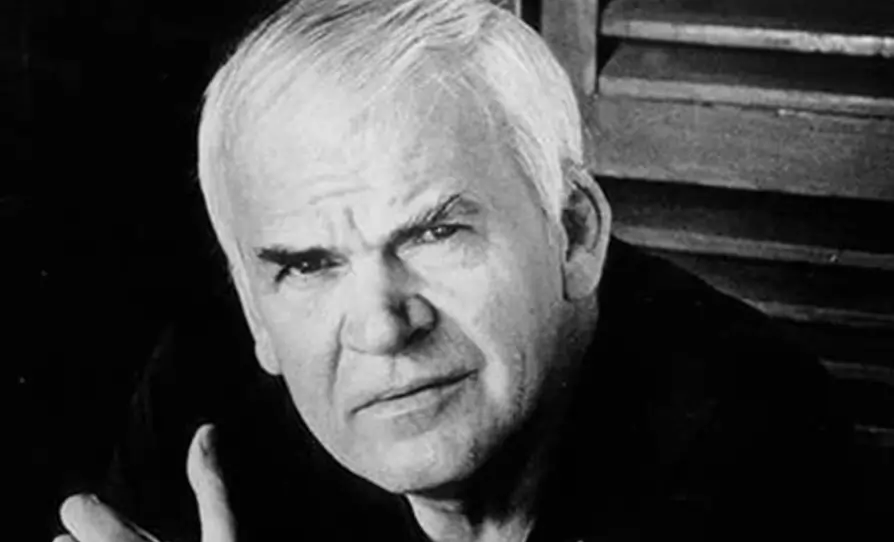The prose writer, playwright and poet achieved worldwide fame in the second half of the 20th century with works such as “The Unbearable Lightness of Being”, “The Joke” and “The Feast of Insignificance”.
Czech writer Milan Kundera died on Wednesday in France at the age of 94, the public broadcaster Radio Prague reported.
The prose writer, playwright and poet, who had been writing in French since the 1980s, achieved worldwide fame in the second half of the 20th century with works such as “The Unbearable Lightness of Being”, “The Joke” and “The Feast of Insignificance”.
The writer, born on April 1, 1929 in Brno, in the southeast of the Czech Republic, had lived in exile in France with his wife Vera since the mid-1970s.
In 1979, the then communist regime withdrew his Czechoslovak citizenship, although two years later the then French president, François Mitterrand, granted him French citizenship.
Kundera’s first success was “The Book of Ridiculous Love” in 1969.
He reached his peak in 1984 with the release of “The Unbearable Lightness of Being”, considered his masterpiece, which was made into a film. The book narrates the fragility of a person’s destiny, highlighting how the life of a single individual lacks importance within Friedrich Nietzsche’s concept of the eternal return. Its philosophical depth is truly moving.
Prizes followed, and so did the works. The Jerusalem Prize in 1985, for standing out in the struggle for freedom in today’s society, and the Czech National Prize for Literature, to name but two more. His latest work is “The Feast of Insignificance”, published in 2014. As his texts usually are, he mixes essay, introspection and theology within the classic genre of the novel.
The papyri, the critics and above all the general public have placed him at the top of contemporary letters.
Kundera accepted in 2019 again a Czech passport and the Czech authorities apologized to him for the treatment he received from the communist dictatorship.
Since the 1980s he received numerous awards, from the Medici, for the best foreign novel published in France, the U.S. Commonwealth, the Europa or the Jerusalem, in addition, his name has sounded on several occasions for the Nobel.
After the Czechoslovak democratic transition, Kundera published in 1993 in his native country “Immortality”, which was a friendly literary reunion with his nation, but somewhat ephemeral.
His Czech past has haunted him with some controversy, as if he were a character in one of his own novels.
In 2008 the Czech Institute for the Study of Totalitarian Regimes accused him of informing on a spy in 1950 who ended up in prison for 14 years.
The writer then broke his silence -with a communiqué- to qualify the accusations as “pure lies”.

